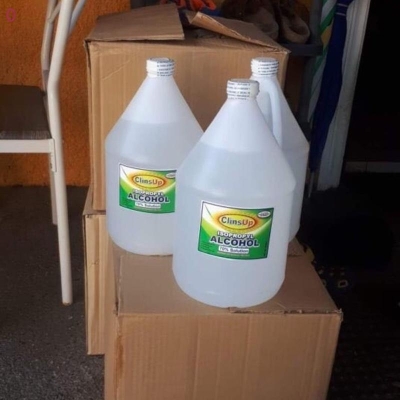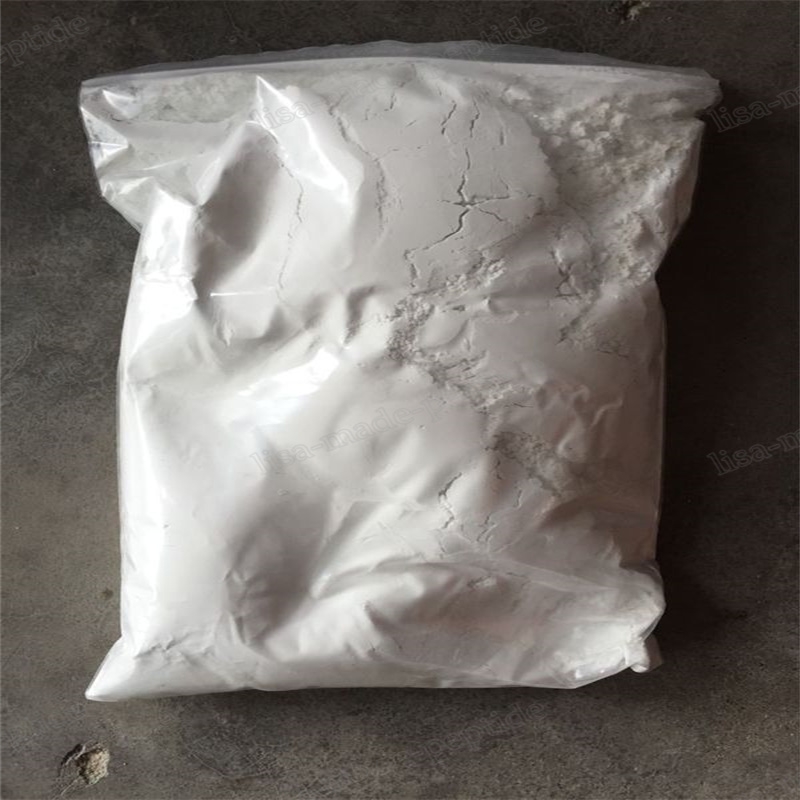-
Categories
-
Pharmaceutical Intermediates
-
Active Pharmaceutical Ingredients
-
Food Additives
- Industrial Coatings
- Agrochemicals
- Dyes and Pigments
- Surfactant
- Flavors and Fragrances
- Chemical Reagents
- Catalyst and Auxiliary
- Natural Products
- Inorganic Chemistry
-
Organic Chemistry
-
Biochemical Engineering
- Analytical Chemistry
-
Cosmetic Ingredient
- Water Treatment Chemical
-
Pharmaceutical Intermediates
Promotion
ECHEMI Mall
Wholesale
Weekly Price
Exhibition
News
-
Trade Service
In April 2020, the German Federal Ministry of Food and Agriculture (BMEL) published the final version of the draft regulation on food packaging inks and solicited comments from stakeholders
.
In November 2021, the German Bundesrat passed the regulation at its 1012th plenary session
.
Compared with the previously published version, the published ink regulations are the same as the draft published when notified to the European Commission in 2016, except that the positive list has been updated again
.
In the future, the German regulations on printing inks for food packaging will manage ink products in the form of a positive list
.
The positive list will contain all permitted substances with corresponding restrictions on their use, which are divided into the following five main categories:
• Monomers or other starting materials for the synthesis of high molecular weight polymers or for the modification of natural or synthetic macromolecules;
• Colorants (coloring substances, pigments or dyes);
• Solvents;
• Additives (substances used to achieve technical effects in the printing or painting process or in the final product
.
Additives used in colorants are excluded);
• Photoinitiators (additives that generate free radicals or ions by irradiation and initiate corresponding chemical reactions)
.
The regulations stipulate that only substances that have undergone a complete safety assessment or have extensive toxicological data can be included in the positive list.
The purpose of this is to effectively assess the impact of a substance on human health and to specify restrictions on its use
.
The regulation also stipulates that chemicals that are carcinogenic, mutagenic or toxic to reproduction must not be used in printing inks for food packaging unless they have undergone an adequate safety assessment
.
The public document also introduces the process of adding new ink substances to the positive list: the applicant needs to submit an application to the German Federal Ministry of Food and Agriculture (BMEL).
At the same time, additional ink-specific evaluation data should also be submitted
.
After BMEL receives the application, it will hand over the assessment of the safety of the new substance to the German Federal Institute for Risk Assessment (BfR), and the assessment period is about 6 months
.
After the BfR assessment is over, BMEL will decide whether to include the substance in the positive list based on the assessment opinion issued by the BfR
.
Finally, the German Bundesrat also called on the German federal government to support the European Commission to re-evaluate the current EU Food Contact Materials Framework Regulation (EC) 1935/2004, and actively advocate and promote the Commission to formulate uniform regulations on inks at the EU level
.
The ink regulations that have been reviewed by the Bundesrat will be published in the Federal Law Gazette (Bundesgesetzblatt), and the regulations will enter into force the day after their publication
.
Currently, the transition period after the entry into force of the new ink regulations is four years (48 months)
.
The Ruiou food contact material team has currently conducted research on U.
S.
food contact material regulations (FDA 21CFR/FCN), EU food contact material regulations ((EU) No.
10/2011, (EC) No.
1935/2004), Chinese food contact material regulations Regulations (GB9685, GB4806 series), German BfR, Canadian LONO, Southern Common Market food contact material regulations (Mercosur GMC No.
39/19), Swiss food contact material regulations (SR 817.
023.
21) and other relevant regulations have been deeply studied.
With rich project experience, we can provide enterprises with compliance services such as new substance declaration, declaration of conformity (DoC) and substance inquiry in the above countries and regions
.
Source: Bundesrat, Hangzhou Ruiou Technology Co.
, Ltd.







